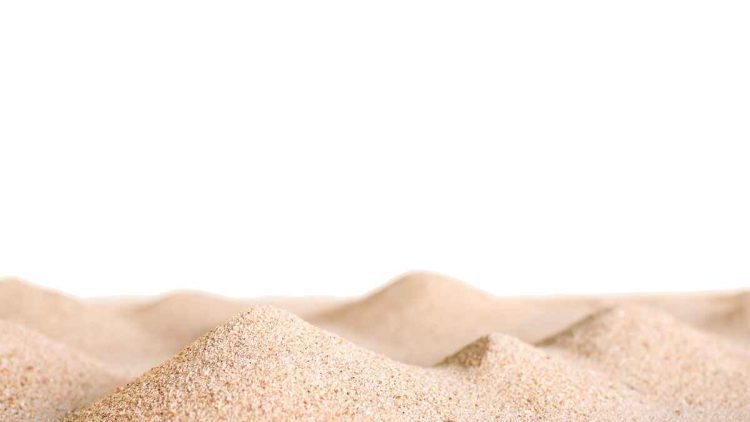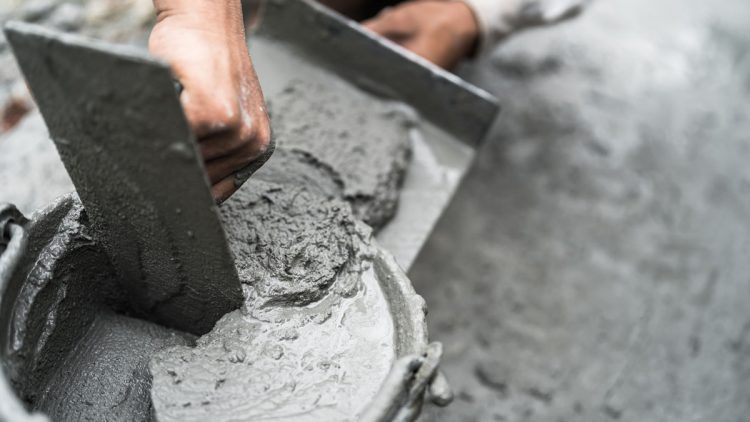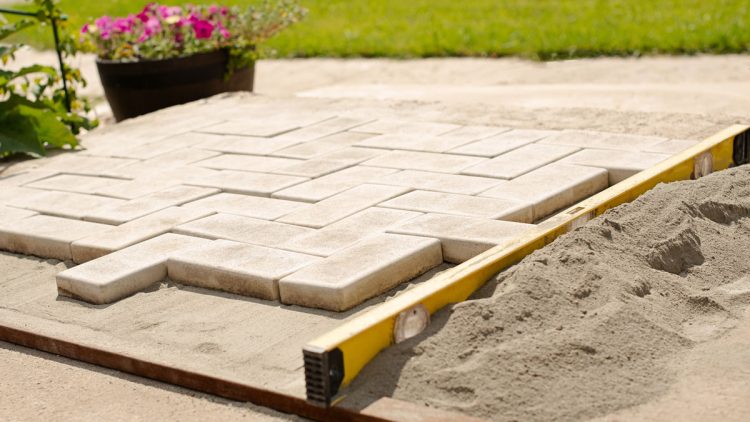What Is Mortar Sand?
When looking for sand for any use — maybe for a sandbox, construction project, or other uses — contractors are almost sure to come across various types of sand. Mortar sand (also referred to as masonry sand) has fine, consistently sized grains, delivering a smooth feel and appearance.
Its name comes from the fact that it is typically used in mortar projects. Nevertheless, mortar sand is immensely versatile, and you can use it for a variety of projects.
What Are The Uses Of Mortar Sand?
One typically asked question is: What can mortar sand be used for? Some general uses of mortar sand include:
- Projects for landscaping
- Specialty mortar blends
- Cats litter boxes
- Prevention of erosion
- Traction for ice and snow
- Wet or dry options are available
- Paver and steppingstone base materials
Mortar sand is among the most frequently used sand. You can use it in a multitude of landscaping and construction projects. It originates from the same rock as other types of sand; nonetheless, it is treated to get a fine, uniform feel.
For projects that do not require a specific type of sand, mortar sand is the perfect option. For a lot of commercial and residential projects, it is the ideal mixture of cost and finesse. Mortar is usually made using mortar sand to fill the spaces between brick or stone blocks. Furthermore, you can use fine mortar sand for covering recreational areas such as playgrounds or volleyball courts.
Playground construction undertakings are a surprising use of mortar sand. Parents and guardians typically utilize mortar sand for building sandboxes and other fun zones. When viewed in direct sunlight, beach or white sand may seem more appealing than mortar sand. Nevertheless, mortar sand’s durability and flexibility outweigh white sand.
Mortar sand is a blend of white and concrete sand. Therefore, it is broadly considered as the most versatile sand, perfect for all projects that do not require a special kind of sand.
What Is Mortar Sand Made Of?
Mortar sand (like a lot of commercial sand) is created by crushing rocks in a quarry. The nature of any sand is subject to how and the area in which it has been sourced from. Limestone, quartz, granite, and gneiss are the most typical rocks to make mortar sand.
Processing Mortar Sand
Mortar goes through comprehensive processing to fulfill its hallmark texture and appearance. Following crushing the rocks into sand-sized fragments, it’s washed through a screen. As fine sand grains goes through the screen, larger fragments get filtered and taken out. The filtering process is somewhat like gold or gem panning. Screened mortar sand has equally sized sand grains for a smooth sand setting it apart from other construction sands.
You can create concrete using other materials other than concrete sand. Mortar sand, for example, produces a smoother and tastefully appealing finish than conventional concrete sand.
Landscaping Materials Scottsdale, Arizona
A & A Materials, Inc., located in Scottsdale, Arizona, offers, all purpose sand, including washed concrete sand, aggregates, river rock, rip rap rock, mulch and wood chips for your landscaping or gardening needs. Contact us or call us at 480-990-0557 for more information.



